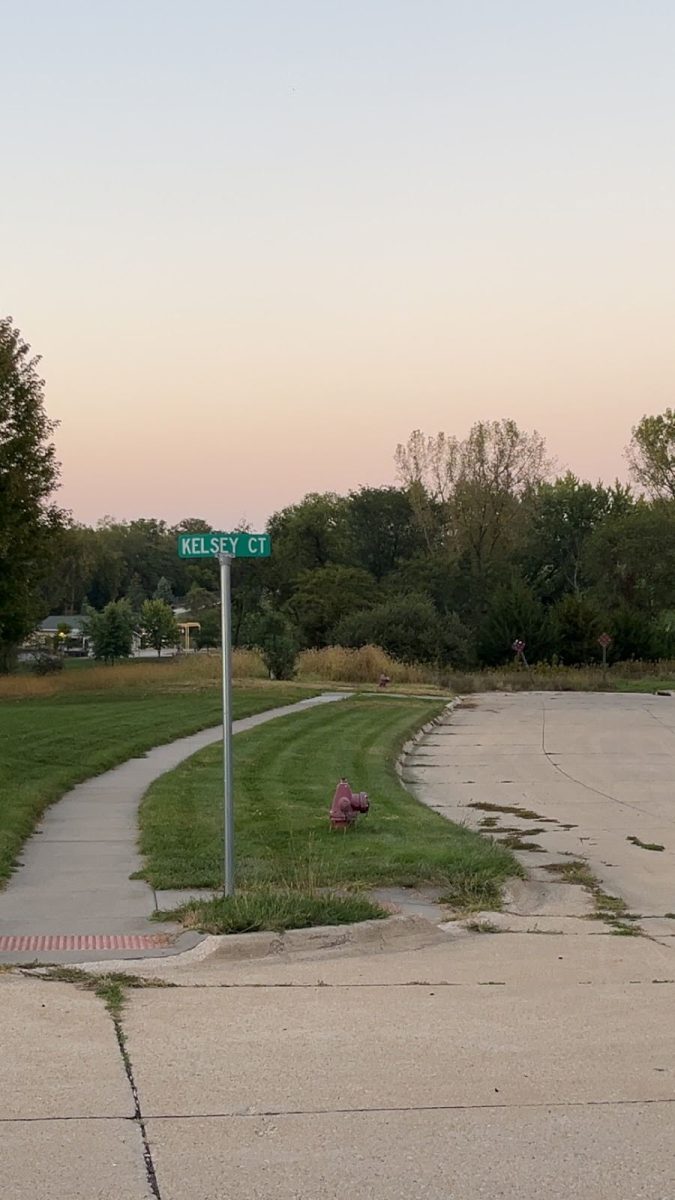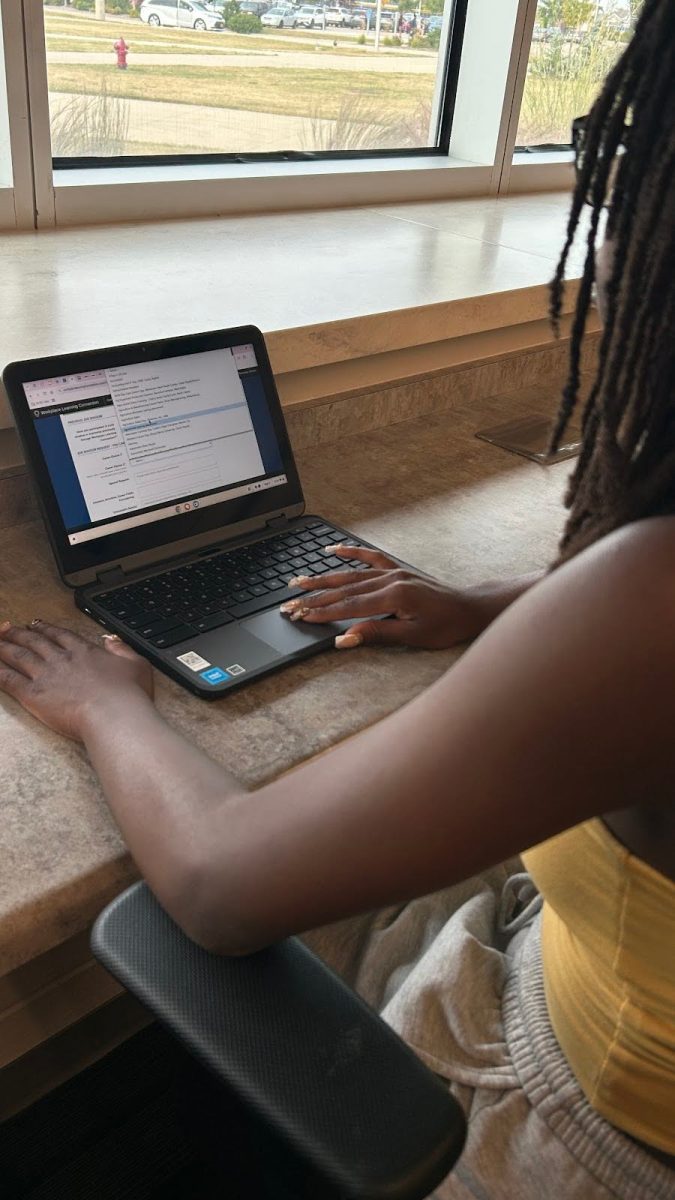A new phone policy that bans phones from school, not just class periods, has been implemented in the U.S. There are many methods schools are using to limit phone usage. Some districts have banned them from being used altogether, whereas others have invested in Yondr phone pouches.
Yondr created a pouch that can hold phones, earbuds and smartwatches. Once the device has been placed in the pouch, you close the top and a strong magnet will immediately lock it. You must tap the magnet against a Yondr’s unlocking base to unlock the pouch and retrieve the device.
Yondr has partnered with thousands of schools across 27 countries, but Liberty High School is not one of them. Instead, Liberty has found an alternative solution.
Many teachers have decided to bring “phone spas” into their classrooms. Phone spas typically have around 36 slots with numbers labeled on the front.
“The kids are [calling it a] ‘phone jail’, [when] it’s a phone spa. What I like about a phone spa, rather than just a flat-out ban, is we still have access to it (the phone) if there’s an emergency,” said Shishonee Hughes (she/her), a chemistry teacher at Liberty High School.
Phone spas are similar to “phone jails,” but instead of being locked away the phones have a place to recharge if needed and are still in reach of students. This is a great alternative if students need their phones nearby.
“I do have some kids with medical tracking devices on their phones. I have my kids that have that right in my front row, so they can still put it in the spa and have it within like ten feet,” Hughes stated.
Students with 504 plans, educational plans for students with disabilities or other learning needs, can easily be accommodated with phone spas. Many of these students have strong feelings on this topic and worry about what will happen if we have a device ban. Ashlyn Nordell (she/her), 11, is among the students with a 504 plan.
“I have something called misophonia, so I’m allowed to have AirPods in during school, and if I can’t connect my AirPods to my phone, then I won’t do well in school,” said Nordell.
According to Gallup, 51% of U.S. teenagers spend at least four hours daily on social media. In addition, most public school students use devices during their standard eight-hour school day as well. That is up to 12 hours of screen time for at least five days of the week. This amount of screen time could be detrimental to students’ mental health.
Valerie Quarles (she/her), an Engagement & Intervention Strategist, believes that students’ mental health will improve if their phones are taken away.
“Classrooms [are where] a lot of other drama goes on and it circles throughout social media,” explained Quarles.
Regardless of the path the Iowa City Community School District decides to take, Liberty High School will always be seeking the best solutions for its students’ academic success.











